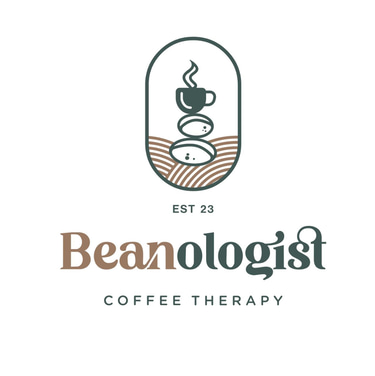Decaf Coffee: Is It Really Healthier?
Before we explore the health aspects, it's important to understand how coffee becomes "decaf." Several methods exist, each with its own pros and cons
12/30/20242 min read


The Decaffeination Process: Not All Processes Are Created Equal
Before we explore the health aspects, it's important to understand how coffee becomes "decaf." Several methods exist, each with its own pros and cons:
Solvent-based (e.g., Ethyl Acetate, Methylene Chloride): These methods use chemical solvents to extract caffeine. While concerns about residual solvents have been raised, regulatory bodies like the FDA deem them safe in the trace amounts found in decaf coffee.
Swiss Water Process: This method uses only water and activated charcoal to filter out caffeine. It's considered the "gold standard" for its natural approach, preserving more of the coffee's original flavor and aroma.
CO2 Process: This method uses supercritical carbon dioxide, a state between liquid and gas, to extract caffeine. It's another effective and relatively gentle process.
The specific method used can impact the final product's flavor and potentially some of its health properties.
Health Benefits of Decaf Coffee: More Than Just Missing Caffeine
While decaf lacks the stimulating effects of caffeine, it retains many of the beneficial compounds found in regular coffee, including:
Antioxidants: Decaf coffee is rich in antioxidants like chlorogenic acids, which help protect cells against damage from free radicals. These antioxidants have been linked to a reduced risk of chronic diseases like type 2 diabetes, heart disease, and some cancers.
Nutrients: Decaf contains small amounts of essential nutrients like potassium, magnesium, and niacin.
Reduced Risk of Certain Conditions: Studies suggest that decaf coffee consumption may be associated with a lower risk of:
Type 2 Diabetes: Similar to regular coffee, decaf may improve insulin sensitivity.
Liver Disease: Some research indicates a protective effect against certain liver conditions.
When Decaf Might Be the Better Choice:
Decaf coffee can be a good option for individuals who:
Are sensitive to caffeine: Experiencing anxiety, insomnia, or heart palpitations after consuming caffeine? Decaf offers the flavor and ritual of coffee without these side effects.
Are pregnant or breastfeeding: While moderate caffeine consumption is generally considered safe during pregnancy, some women choose to limit or avoid it altogether.
Have certain medical conditions: Individuals with heart arrhythmias, anxiety disorders, or certain digestive issues may be advised to limit caffeine intake.
Want to enjoy coffee later in the day: Decaf allows you to indulge in a cup of coffee without disrupting your sleep.
Are There Any Downsides to Decaf?
While generally safe, there are a few things to consider:
Slightly Lower Antioxidant Content: Some studies suggest that the decaffeination process can slightly reduce the antioxidant content compared to regular coffee. However, decaf still remains a significant source of these beneficial compounds.
Potential for Acrylamide Formation: Acrylamide, a potentially harmful chemical, can form during the roasting process of both regular and decaf coffee. However, levels are generally low and considered safe by regulatory bodies.
Flavor Differences: Depending on the decaffeination method, decaf coffee can have a slightly different flavor profile than regular coffee.
The Verdict: A Healthy Alternative
Decaf coffee is not just a caffeine-free substitute; it offers its own set of health benefits thanks to its rich antioxidant content and other beneficial compounds. While it may not be "healthier" in every single aspect compared to regular coffee, it's a fantastic option for those seeking to reduce or avoid caffeine while still enjoying the taste and ritual of coffee. So, whether you're sensitive to caffeine, pregnant, or simply looking for a late-afternoon treat, you can confidently enjoy a cup of decaf.

